The word religion may not be considered particularly apposite in a study of Hinduism, Islam and Sikhism. It is a term with Western and especially Christian connotations. The term most frequently used, dharma in this book, means conduct, virtue, custom, social responsibility and can also be applied to specifically religious practices. The laws of Manu is the principle manual of dharma, laying down the behaviour appropriate to each social group. It was compiled some three centuries ago before the Common Era and is believed to have been given by the Gods to men for their well-being. Hindu religion is the oldest of living religions, and no other religion has produced so many great man — great teachers, great writers, great sages, great saints, great kings, great warriors, great statesmen, great benefactors and great patriots. The responsibilities of Hindu are defined in three areas, each having four divisions. Life has four aims. The first three are the fulfillment of dharma; the acquiring of material wealth and the enjoyment of pleasure. The final aim is that of detachment from worldly ambitions and the attainment of the spiritual goal of moksha. Life has also four stages, the first is that of student of Vedic knowledge, when a young man should go to a Brahmin Guru for instructions in the Vedas and the dharma appropriate to his caste. The second is that of a married family man. The third is preparation for the spiritual life of detachment by gradual withdrawal from family and worldly responsibilities. Finally, a man becomes a sannyasi by renouncing old domestic and occupational attachments in order to devote himself to the search for spiritual self-realisation, moksha. The present book is an elementary text-book of Hindu religion and ethics. Late Prof. Ganga Ram Garg former Vice-Chancellor of Gurukula Kangari Vishwavidyalaya, Hardwar has provided new introduction to the present edition. He observed the following : The Mittal Publications deserve full plaudits for bringing out the important and useful book: Handbook of Hindu Religion and Ethics at a time when the people are so much absorbed in the worldly affairs that they do not think of what their cherished religion is. They seem to forget that religion helps them in their struggle in this world as also in their next births. Life is a continuous process. When it was published for the first time, its more than a lakh copies were sold out within a short time. It was translated into many Indian languages.
International Encyclopaedia of Indian Literature: Assamese (Volume III)
Being Volume III of the ...
$6.30
$7.00

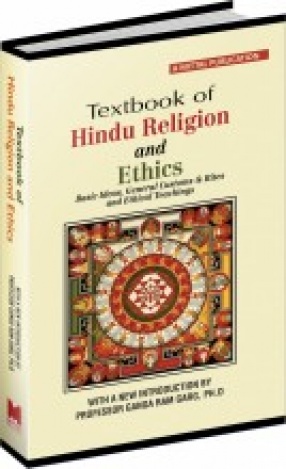
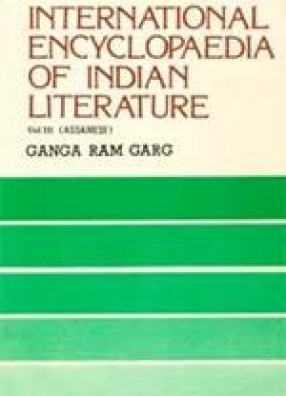

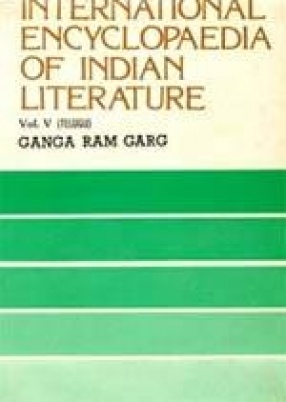
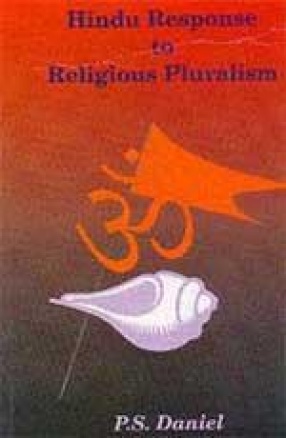
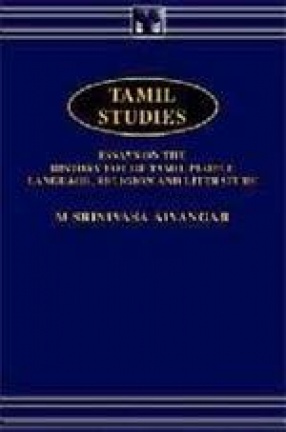

There are no reviews yet.